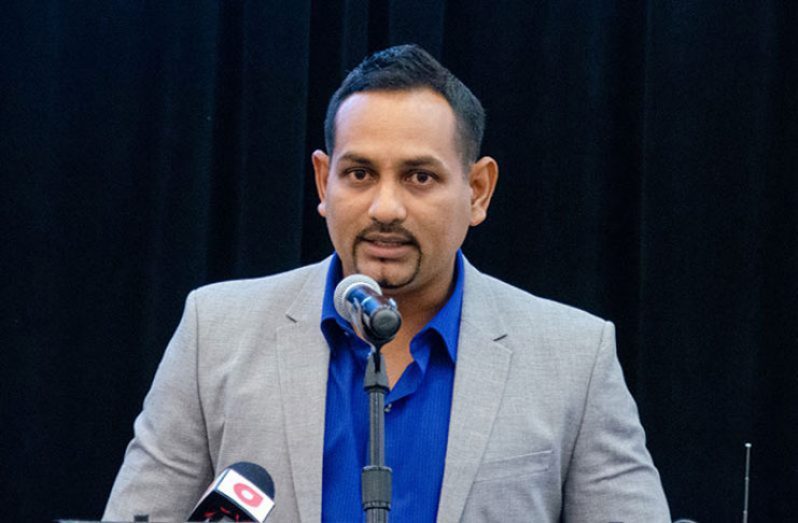By Vishani Ragobeer
PRESIDENT of the Tourism and Hospitality Association of Guyana (THAG), Mitra Ramkumar, has emphasised that tourism remains an avenue for empowerment and income for rural and hinterland communities and marginalised populations.
On Sunday, Guyana joins the rest of the World in observing World Tourism Day. This year, the annual observance is commemorated under the theme: “Tourism and Rural Development”, drawing specific focus to the importance of tourism “outside the big cities”.
According to the World Tourism Organisation, this year’s commemoration comes at a critical moment as countries around look to tourism to drive recovery, including in rural communities where the sector is a leading employer and economic pillar.
“For rural communities, indigenous peoples and many other historically marginalised populations, tourism has been a vehicle for integration, empowerment, and generating income,” Ramkumar said.
Furthermore, he asserted that tourism is a “lifeline” which offers many young Guyanese the opportunity to earn without having to leave their home communities, specifically those in the hinterland regions. He also highlighted that tourism provides avenues for low-income households and families to generate wealth.
The tourism sector has been adversely affected by the COVID-19 pandemic, with questions as to how long it will take for the sector to recover still definitively unanswered. According to the most recent World Economic Outlook (WEO) report published by the International Monetary Fund (IMF), the tourism-dependent countries in the Caribbean have been hard-hit.
Tourism-dependent countries, including Antigua and Barbuda, Aruba, the Bahamas, Belize, Dominica, Grenada, Jamaica, St. Kitts and Nevis, St. Lucia, and St. Vincent and the Grenadines, are expected to record negative growth in their real Gross Domestic Product (GDP) by a massive 10.3 per cent this year. In 2021, there will be an expected growth of 4.8 per cent.
According to IMF Managing Director, Kristalina Georgieva, the high dependence of Caribbean economies on tourism, a sector she describes as “one of the most dramatically impacted,” contributes to the countries’ particularly high level of impact. For some countries, 50 to 90 per cent of their GDP and employment is dependent upon this sector.
While Guyana, a nascent petrostate, was pegged to escape this regional recession alongside Suriname and Trinidad and Tobago, the other commodity producers, Guyana’s tourism sector has been adversely affected.
Importantly, before 2020, Guyana earned numerous accolades as an ecotourism destination. In fact, the country was selected as the world’s best ecotourism destination in 2019. However, Guyana’s ecotourism ‘hotspots’ are largely located in the country’s rural and hinterland regions and communities, which makes this year’s World Tourism Day observance particularly apt.
“The industry has really faced a shutdown, so we’re talking about hundreds of people losing their jobs; hundreds of millions in revenue lost,” Ramkumar said, months ago when the full extent of the pandemic had not yet hit Guyana.
During the 2020 Budget debates earlier in September, Minister of Tourism, Industry, and Commerce, Oneidge Walrond pointed out that 62 per cent of the tourism and hospitality industry are either closed or have downsized as a result of the COVID-19 restrictions.
As a relief measure, Value Added Tax (VAT) on hinterland travel was removed; this is expected to help boost local travel and tourism. Several business incentives, given through the budget, are also expected to have a ripple effect, boosting the tourism sector too.


.jpg)











